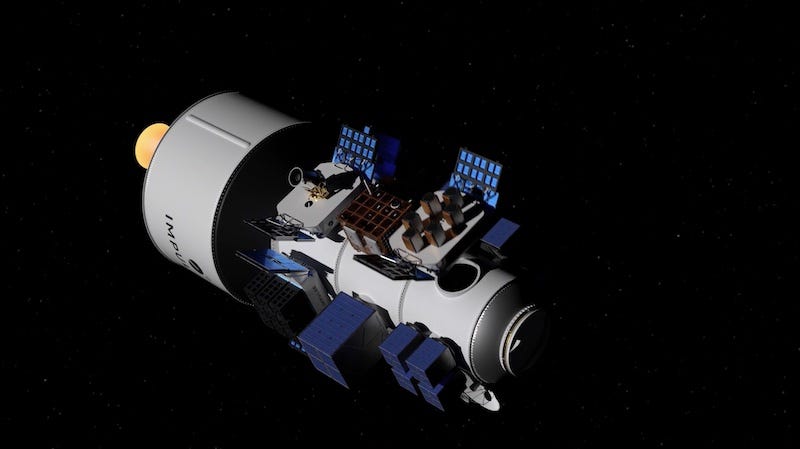French Company Signs GEO Rideshare Agreement with Impulse Space
Space Network Services Plans to Launch Up to Six Kaon Satellites
A GEO Rideshare agreement has been signed between French satellite manufacturer Space Network Services and Impulse Space during the World Space Business Week conference in Paris.
“Space Network Services’ Kaon satellite is a great example of the kind of model that can really benefit from GEO Rideshare."
Eric Romo, Impulse Space
Space Network Services’ GEO …




